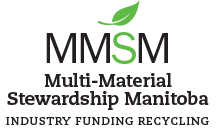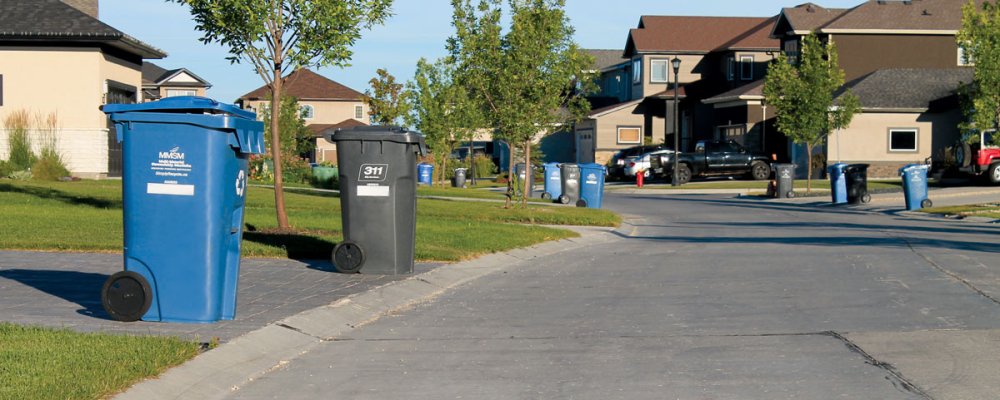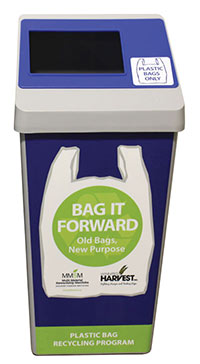Advertisement
Read this article for free:
or
Already have an account? Log in here »
To continue reading, please subscribe:
Monthly Digital Subscription
$0 for the first 4 weeks*
- Enjoy unlimited reading on winnipegfreepress.com
- Read the E-Edition, our digital replica newspaper
- Access News Break, our award-winning app
- Play interactive puzzles
*No charge for 4 weeks then price increases to the regular rate of $19.00 plus GST every four weeks. Offer available to new and qualified returning subscribers only. Cancel any time.
Monthly Digital Subscription
$4.75/week*
- Enjoy unlimited reading on winnipegfreepress.com
- Read the E-Edition, our digital replica newspaper
- Access News Break, our award-winning app
- Play interactive puzzles
*Billed as $19 plus GST every four weeks. Cancel any time.
To continue reading, please subscribe:
Add Free Press access to your Brandon Sun subscription for only an additional
$1 for the first 4 weeks*
*Your next subscription payment will increase by $1.00 and you will be charged $16.99 plus GST for four weeks. After four weeks, your payment will increase to $23.99 plus GST every four weeks.
Read unlimited articles for free today:
or
Already have an account? Log in here »
Hey there, time traveller!
This article was published 01/10/2016 (3352 days ago), so information in it may no longer be current.
Manitobans are recycling more often than ever before – but we can do even better.
Multi-Material Stewardship Manitoba (MMSM) has mounted a public education campaign called Recycle Something New to increase Manitobans’ knowledge of what materials can be recycled to divert more waste from landfills.
“The most current full-year data that we have on recovery rates shows that Manitobans are recycling 65% of the material that comes into their home,” says MMSM executive director Karen Melnychuk.
“That means 35% is still going into the landfill or just not making its way into the blue box, so this whole campaign is about getting back to the grassroots, educating them on what is recyclable and targeting the materials that are currently performing lower than others.”
Lower-return materials include aseptic juice boxes and soup cartons, gabletop milk cartons, hard plastics like ketchup and mustard containers, cereal boxes, toilet paper roll ends and PET plastic bottles.
“We can always increase the recovery on newspaper flyers, inserts, aluminum cans – not just pop, but soup, cat- and dog-food cans – and steel containers,” Melnychuk says.
About 93% of Manitobans have easy access to a residential recycling program funded by MMSM, an industry-funded, not-for-profit organization established in response to the province’s 2008 Waste Reduction and Prevention Act. MMSM represents stewards – brand owners, producers, distributors and manufacturers – who pay fees to cover the costs of recycling their products and packaging.
Rather than burden taxpayers, stewards participate in the Extended Producer Responsibility (EPR) program, which works on the principle that “the polluter pays,” taking responsibility for the full life cycle of packaging brought into the province. For example, if a soup company packages cans of soup in cardboard boxes, the company pays a fee for that cardboard box, as well as for the aluminum cans it contains.
MMSM collects the fees and pays for up to 80% of residential recycling programs in municipalities across the province. Since it was launched in April 2010, MMSM has provided more than $60 million to Manitoba municipalities.
The organization’s primary goals are to promote the reduction, reuse and recycling of the materials managed in its program while increasing recovery rates. However, waste audits and consumer surveys conducted online and by phone show that many Manitobans are still confused about what items they can put in residential recycling bins.
“Right now we’re running at about a 94% participation rate in the communities that we’ve done research in. So participation is up and that’s good, but we’d like to increase it more,” said Sarah Wallace, MMSM Marketing and Communications Specialist.
“Now it’s about getting them to recycle more materials, not just participate but educate them on which materials they commonly use in their home that can go in the recycling bin.”
MMSM encourages consumers to recycle items in every room of their home – paper and envelopes from the home office, packaging for tools and hardware from the garage, newspapers and magazines from the living room and multiple materials from the kitchen. Recyclable food containers don’t need special treatment; they just have to be empty.
MMSM provides municipalities with a list of materials it will fund, but each local government negotiates its own contracts with processors and consumers are encouraged to touch base with their municipality to find out what they can recycle in their local program. It may not be cost-effective for all municipalities to recycle every funded item, but some go above and beyond the set list.
The new Brady 4R Winnipeg Depot and other locations in Winnipeg and throughout Manitoba provide another recycling opportunity for people who live in multi-family dwellings and rural areas that are not fully serviced by residential pickup programs. They are also a great alternative for residents who have excess materials that may not fit in their cart or bin at home.
Recycling Tips
- Don’t sort or put your recyclables in plastic bags. Keep them loose in the bin.
- Don’t stuff cans into boxes or paper bags. It saves time and eff ort at the sorting plant if items are loose.
- Don’t remove lids and labels on containers.
- Save water and time. Rinsing containers is suggested but it’s not necessary to scrub jars. Just ensure the containers are empty before they go in the blue box or cart.
- Fold or crush cardboard to save space in your blue box or cart.
- Never put plastic bags in your recycling box or cart.
No Plastic bags, please
Plastic bags cannot be recycled in your residential recycling bin, but you can help keep them out of landfills. MMSM has worked diligently to decrease plastic bag use since 2010 through various educational campaigns and programs.
MMSM and Take Pride Winnipeg’s Bag Up Manitoba Plastic Bag Roundup Challenge launched on Wednesday, September 28. Students from all over Manitoba are collecting plastic bags for recycling during the entire month of October. Contact your local elementary school to drop off your plastic bags.
Plastic bags can also be donated to Winnipeg Harvest as part of MMSM’s Bag it Forward Program. The bags are reused on-site to create emergency food kits for families in need. For more information, visit www.simplyrecycle.ca or www.winnipegharvest.org
Here’s how you can help:
- Take a reusable bag or box when you shop.
- Reuse plastic bags as garbage bags or pet-waste bags in your home.
- Donate bags to thrift stores and food banks.
- Return bags to retailers. Co-op, London Drugs, Safeway, Sobeys, Superstore and Walmart have containers at the front of their stores where you can drop off plastic bags to be recycled.
See a full list of drop-off locations at www.simplyrecycle.ca

This article is produced by the Advertising Department of the Winnipeg Free Press, in collaboration with Multi-Material Stewardship Manitoba



